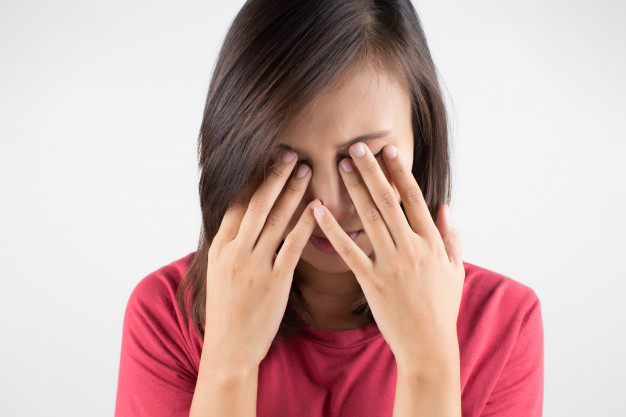Why Are My Eyes Dry? A Brief Introduction to Dry Eye.
Posted by: Larson Eye Care in Dry Eye on February 8, 2019

Dry eye is a common condition, affecting at least 6.8 percent of the U.S. adult population. If you’ve been experiencing dry, scratchy eyes lately, you might be one of them.
Symptoms of dry eye include:
- A stinging, scratchy, or burning sensation in your eyes
- Feeling like something is stuck inside your eyes
- Excess watering, or tearing
- Blurred vision
- Difficulty wearing contact lenses
- Increased sensitivity to light
- Eye redness
These symptoms can vary from person to person and don’t necessarily predict the presence and severity of dry eye disease. If you’re experiencing any of these symptoms, it’s important to talk to your ophthalmologist.
So why are my eyes dry?
Healthy eyes are constantly producing tears to keep themselves lubricated. When eyes fail to produce these tears – or produce the wrong kind of tears – dry eye symptoms can arise.
There are multiple factors that can result in dry eyes.
You’re getting older
Tear production often diminishes with age – in the fact, most people over age 65 have at least some symptoms of dry eye. Hormones associated with menopause can also trigger the condition.
Your tears are poor quality
Tears are composed of oil, water, and mucus. Oftentimes, people with dry eye disease have difficulties producing the water layer of their tears, resulting in tears that evaporate too quickly or fail to spread evenly over the cornea.
You’re taking certain medications
Medication can often influence the eye’s ability to make tears. Antihistamines, decongestants, oral contraceptives, blood pressure medications and antidepressant can all diminish tear production.
There’s something in the environment drying them out
Heaters, air conditioning units, and smoke can all cause tears to evaporate quickly, resulting in dry eye symptoms. Computer use is another common culprit of dry eye, since focusing on a screen can prevent people from blinking regularly.
You have a disease that affects your tear production
Other illnesses can affect the eye’s ability to produce tears including rheumatoid arthritis, diabetes and thyroid conditions.
What should I do if I have dry eyes?
If you suspect you have dry eyes, you should meet with your eye doctor to rule out other conditions.
Dry eye disease is typically chronic, with symptoms that come and go over time. Treatment for dry eyes includes artificial tears, prescription eye medications, and in-office procedures. Lifestyle changes – for instance, reducing the amount of time you spend on the computer – can also help reduce the discomfort of dry eyes.
Larson Eye Care offers multiple treatments for dry eyes, as well as comprehensive eye exams to rule out any other conditions. For more information about how we can help your eye health, contact us today.



